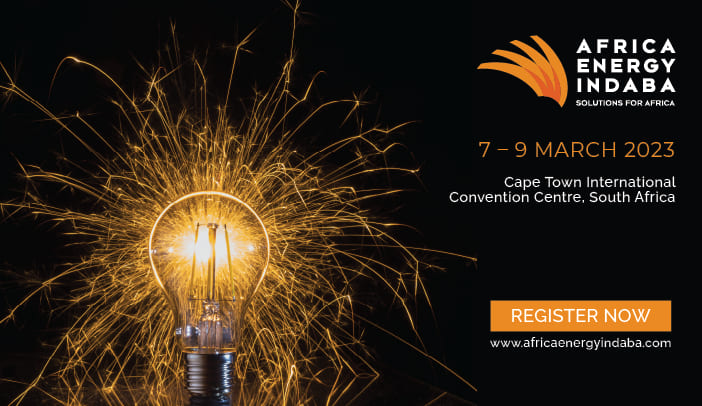South Africa’s Energy Crisis
- Load shedding (blackouts) in 2022 (8.1 TWh unserved) was more than four times greater than 2021 (1.8 TWh unserved).
- The crippling economic and social impact was far worse than this comparison would suggest, with South Africans for the first time feeling the real fallout from sustained stage 4 to 6 outages.
- In the very short term (next 6 months), burning large volumes of diesel when required is the only means to address the current crisis and is economically rational given that the economic, social and political consequences of load shedding far outweigh the cost of diesel.
Meridian Economics has published a briefing note which is a follow-up publication to their 2022 series of reports on resolving South Africa’s power crisis.
The evidence presented in this work demonstrates that despite the significant increase in load shedding in 2022 (8.1 TWh of unserved energy vs 1.8 TWh in 2021), an additional 5 GW of renewable energy capacity would have eliminated 71% of load shedding.
When combining this additional renewable energy capacity with the lifting of diesel supply constraints to the Open Cycle Gas Turbines (insufficient storage, high cost of diesel and equivocal support from NERSA and National Treasury) it would have been possible to resolve up to 92% of load shedding, whilst adding just 12% to the 2022 diesel budget.
Related news: Eskom held over a barrel of diesel – forced to buy from state owned PetroSA at inflated prices
Their study also found that deployment of rooftop PV – achievable rapidly at scale with appropriate incentives – will have almost as much impact on load shedding as a more optimal mix that includes wind. Rooftop and distributed PV has both the shortest lead time and is immune from any constraints posed by the transmission network.
Link to the full briefing note HERE
Author: Bryan Groenendaal

















